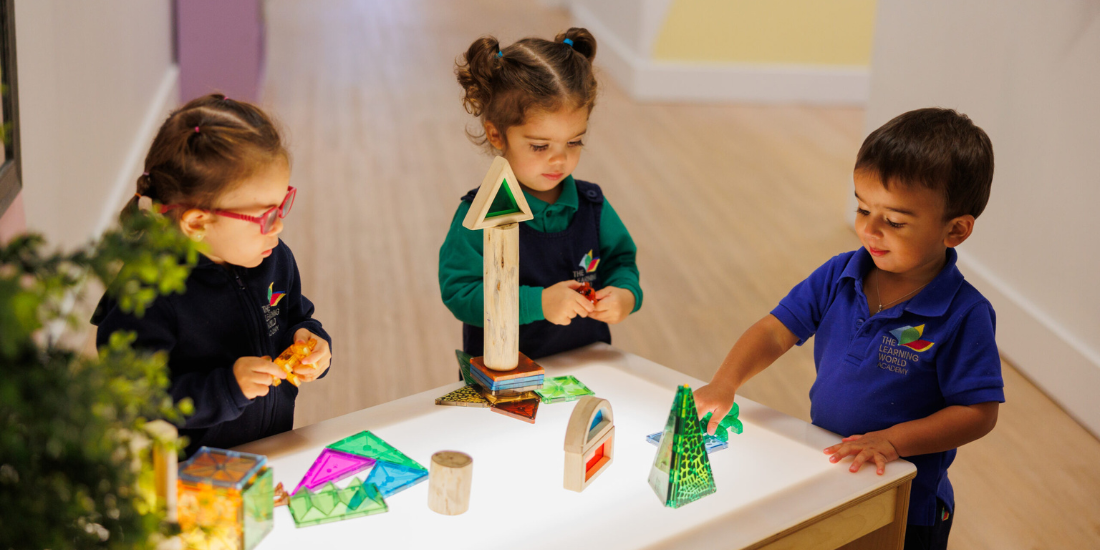
Simple At-Home Activities and Games for Early Learners
Preschoolers learn best when play feels like fun instead of work. By guiding your child through simple problem-solving puzzles, engaging in outdoor adventures, and participating in hands-on art activities at home, you’ll nurture critical thinking, physical confidence, and creative expression—all foundational skills for future learning. The strategies from your local early learning center below show how you can turn everyday moments into purposeful play that delights your little one and strengthens their love of discovery.
Problem-Solving Games to Support Cognitive Development
Introduce age-appropriate puzzles and matching games to build logical thinking and perseverance. Start with simple shape-sorting toys or large-piece jigsaws, encouraging your child to notice patterns and shapes. Memory card games—using familiar objects or pictures—help boost recall and attention span. As they succeed, gently increase difficulty by adding more pieces or more complex shapes, celebrating each milestone to reinforce their confidence.
Outdoor Adventures to Support Physical Development and Spark Curiosity
According to the American Academy of Pediatrics, preschool-aged children should get at least 60 minutes of structured active play and several hours of unstructured outdoor activity each day to support healthy motor skills and brain development. A wonderful way to ensure your little one achieves this is by transforming your backyard or a nearby park into a classroom of exploration with scavenger hunts and mini obstacle courses. Create a nature hunt list—leaves of different shapes, smooth stones, or flower petals—and let your preschooler check off each find, practicing observation and categorization. Set up basic obstacle courses, such as jumping over chalk-drawn lines or balancing on a low beam, to develop gross-motor skills and spatial awareness. These activities combine fresh air and movement with problem-solving as children decide how to navigate obstacles or where to look next.
Art-Based Play to Encourage Self-Expression
Art offers a sensory-rich way for children to experiment and communicate ideas without words. Provide a variety of materials—finger paints, torn paper, play-dough, and large crayons—and invite open-ended projects like making a collage or stamping shapes. Turn clean-up itself into a game by asking your child to sort tools by color or size, reinforcing categorization skills. Collaborative art projects, such as painting a mural on butcher paper, teach sharing, collaborating, planning, and following simple steps toward a shared goal.
With this guide, you can help your preschooler develop key skills while having fun together. Rotate activities weekly, observe their growing abilities, and celebrate every “aha” moment to keep their passion for learning. As a quality early learning center, we believe in giving your little one fun and play-based opportunities to support their growth and development. Get in touch with us today!




